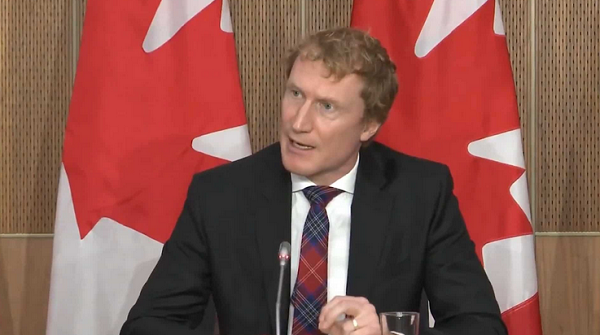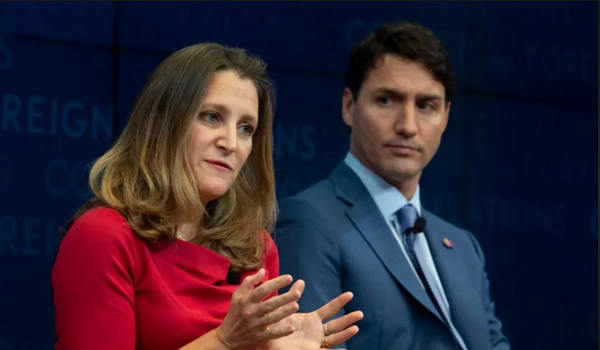Marc Miller hints at coming changes in international students’ work permits
International students would have to graduate from programs tied to labour shortages and meet new language requirements to get a work permit after graduation under changes contemplated by the Immigration Department.
With a cap in place to rein in the number of international students, Immigration Minister Marc Miller has recently hinted at coming changes to the rules on postgraduation work permits. A survey distributed by his department to colleges and universities has offered a glimpse at what those changes would encompass.
Under the plan, academic programs would be coded to correspond to Canada’s national occupational classification. This would indicate the programs that meet the educational requirements of the jobs projected to experience labour shortages in the long run.
For example, carpenters would be mapped to one of three programs of study: construction trades, carpentry, woodworking/general.
The proposed changes are “to align (postgraduation work permit) eligibility with labour market needs while reducing the overall volume of PGWP holders, and increasing the likelihood that international students have labour market outcomes commensurate with their education and training,” said the one-page questionnaire obtained by the Star.
For more than a decade, international students have been able to pursue any postsecondary program and still be eligible for an open work permit upon graduation — whether or not their studies are relevant to what the Canadian economy needs.
While the work permits have helped make Canada a top destination for foreign students, they have also been blamed for runaway international enrolment growth.
The surge of international students has prompted Miller to impose a two-year cap to reduce the number of new study permits issued and the hours students are allowed to work off campus per week during the school year.
The survey’s eight questions include:
•If the permit eligibility were restricted based solely on occupations in shortage, and corresponding programs of study, which occupations should be included based on the needs in your area?
•What, if any, cohorts should be exempted from these changes, such as francophone students or graduate degree programs or others?
•Should international students be required to demonstrate proof of a job offer aligned with the occupational shortage list in order to hold a (postgraduation work permit) beyond one year?
•Should any other eligibility criteria (language, provincial support, etc.), apart from a job offer, be applied to PGWP holders seeking to extend their permit past one year?
•What is your view of applying these labour market-based changes to PGWP eligibility to all graduates upon announcement this year, rather than grandfathering students who are already studying in Canada at the time of implementation?
Immigration officials are also seeking feedback from postsecondary education institutions about the prospects of permanent residence for international graduates with job offers in in-demand sectors under their respective provinces’ own immigration selection programs.
“Are there any gaps between the labour market needs you have identified and your (province’s) existing streams?” the survey asks. “Will any … amendments be required to ensure they remain responsive to graduates and PGWP holders in specific occupations?”
The access to an open work permit to remain in Canada after graduation has been a strong incentive for people to come study here, as the immigration system has increasingly drawn on candidates already in the country to be permanent residents. It rewards those with Canadian education credentials and work experience.
Experts have said manipulating postgraduation work permit eligibility could be an effective tool to achieve Ottawa’s objectives in restoring the integrity of the international education program, improving the candidates’ quality in the permanent resident pool and aligning their studies with labour needs.
The last major changes to the postgraduation work permit program came in April 2008, allowing recent graduates to obtain an open work permit for up to three years — depending on length of their program of study — with no restrictions on location of study or requirement of a job offer.
This article was reported by The Star













